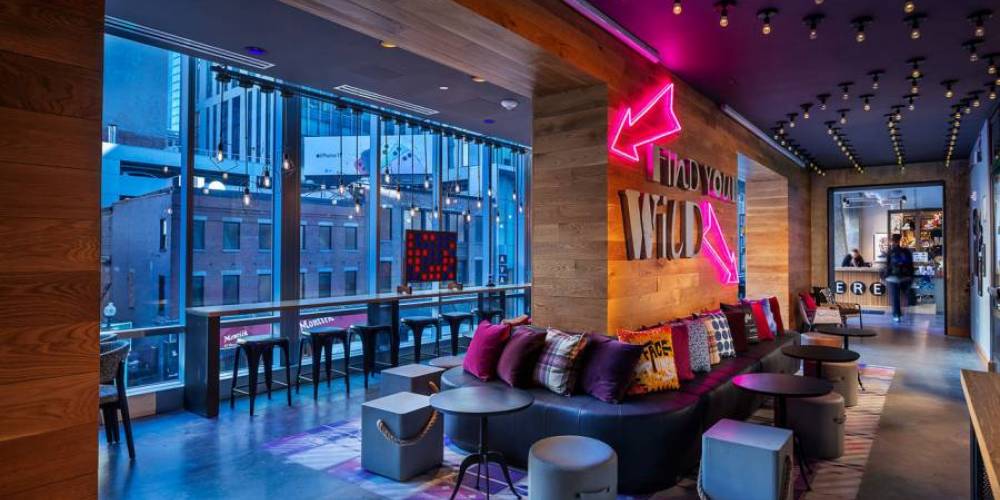
The COVID-19 pandemic has upended the entire hospitality industry. Hotel occupancy will eventually return, but for this to happen - even after a vaccine is developed and readily available - a new normal will certainly need to exist. Properties will need to make health and hygiene in the forefront of the guest experience going forward, and over-communicate guest safety upgrades that are completed. Many hotels have already developed new cleaning and disinfecting protocols, and numerous options exist to supplement these efforts with technology and system upgrades that can be made in both new hotel designs and in existing properties.
A number of hotels had already been developing mobile check-in/out capabilities. In addition, platforms like the Hilton “Connected Room” allow a guest to control guest room temperature, lighting, drapes, etc. as well as provide a digital key for entering the room. The current pandemic will certainly accelerate these technologies throughout the hotel industry - allowing guests to avoid front desk interactions and potential crowds, as well as using their own personal device while in the guestroom to avoid touchpoints.
Further upgrades in the guestrooms are certainly available as well. Providing better filtration and increased outdoor air ventilation beyond the minimum required by ASHRAE can reduce the airborne concentration of SAR-CoV-2 and improve overall indoor air quality, thus improving the guests comfort and well-being. While increasing outside air can be difficult to implement in existing hotels due to current system capacities, it can be relatively easy during the design of new projects. Code updates in recent years have already driven the use of pre-conditioned outside air ventilation systems ducted directly to each guestroom in climates like the northeast. Increasing this ventilation air beyond code minimums will further improve the indoor air quality, and as an added benefit, an additional LEED point can be obtained by providing 30% additional outside air above ASHRAE requirements.
Guestroom fan coil units typically will not be able to support significantly increased filtration sizes. However, many sleek portable HEPA filtration units are available on the market, some integrated with UV lighting as well that can be used within guestrooms. These can make a visible statement to the guest and provide reassurances on cleanliness. While many air cleaning technologies have not been tested specifically against COVID-19 yet and ASHRAE has limited guidance on their use to this point, manufacturers claim to have tested their products against various pathogens and found improvement in indoor air quality. Bi-polar ionization for example has many stated benefits, producing ions to reduce dust and mold particles and breakdown VOC’s, bacteria and viruses. Versions of this equipment are available which can be retrofitted into guestroom fan coil units and larger public area systems as well.
In front of house areas, larger central systems should be upgraded with filtration levels to MERV-13 or higher, and UV-lighting systems can be installed in these units as well. If not feasible, in-ceiling HEPA filtration units with UVGI (ultraviolet germicidal irradiation) can be installed in high occupant areas like hotel lobbies and conference rooms, and dedicated upper-room UVGI units are another option. These systems are stated to continuously kill airborne bacteria, viruses, and other pathogens while also disinfecting surfaces. In front of house restrooms, sensor controlled fully automatic toilet seats or automatic seat cover dispensers can be used in public bathrooms to prevent the spread of germs. Touchless faucets and flush valves with automatic sensors can be installed on all public plumbing fixtures as well.
Overall, there are many technology and system upgrades that can be made for hospitality projects. Perception is reality however - so the more that hotels can do to show guests they are making these upgrades to go above and beyond additional cleaning, social distancing, hand sanitizers, and wearing masks - the better chance they have in increasing guest satisfaction and minimizing any reluctance in staying at the property in the future.
Appeared in the August 2020 Issue of High Profile Monthly
